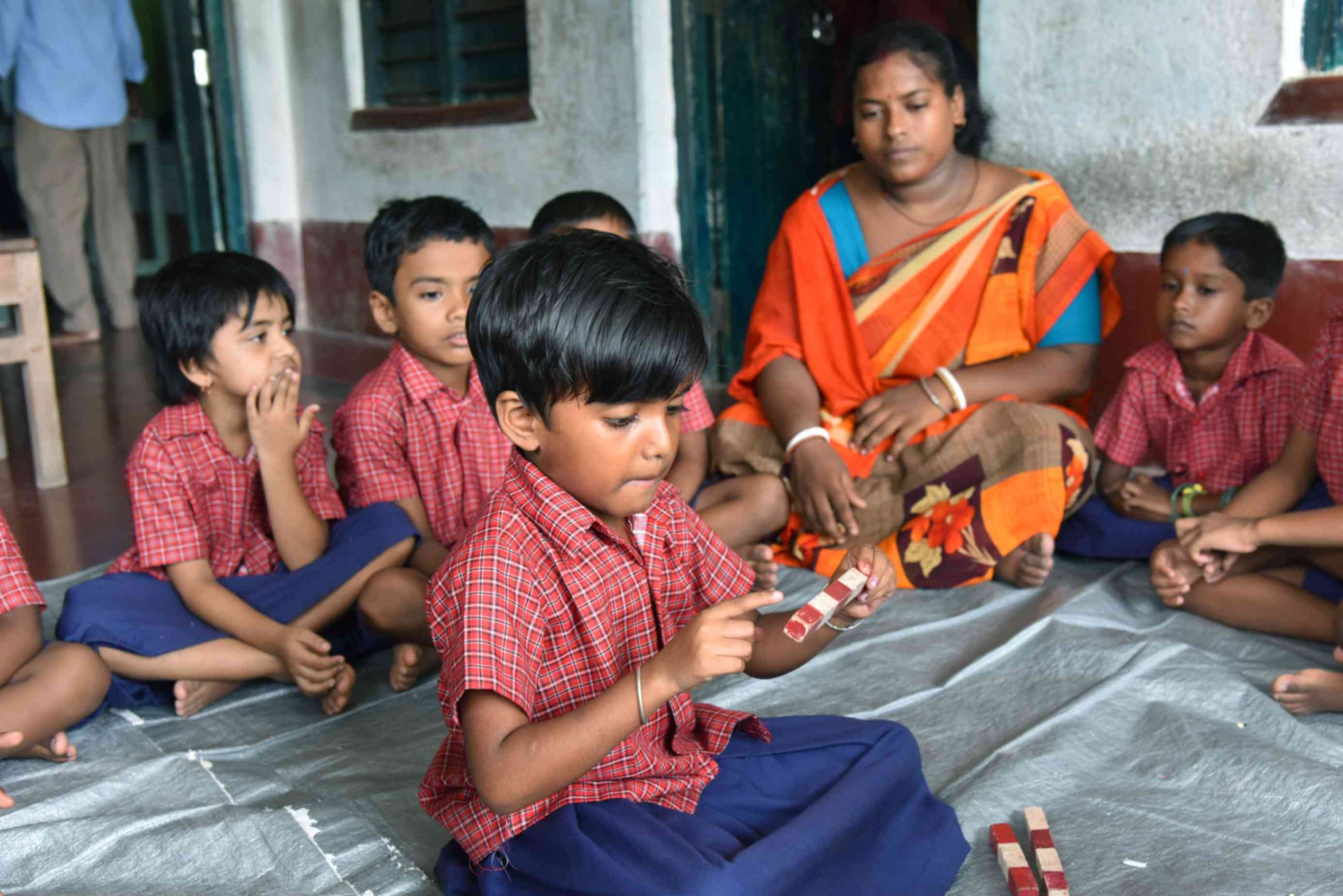With the ever-increasing expectations, competition and societal pressure, children often find themselves with overwhelming stressors that can have great effects on their mental and physical well-being. As we understand the intricacies of academic stress, its underlying causes and potential solutions, it becomes evident that addressing this issue is not only important for the individual child but also for the broader societal fabric.
What is Academic Stress?
Academic stress refers to the pressure and strain experienced by students due to the demands of academic performance, examinations, deadlines and expectations from parents, teachers and peers. It can manifest in various forms, including anxiety, depression, sleep disturbances, irritability and even physical ailments such as headaches and digestive issues.
Several factors contribute to academic stress in children. High parental expectations, intense competition, fear of failure, excessive workload, unrealistic academic goals, peer pressure and a lack of adequate support systems are among the primary culprits. The relentless pursuit of academic excellence coupled with the societal notion that success is synonymous with academic achievements exacerbates the stress levels among children.
Consequences of Academic Stress
In severe cases, academic stress can precipitate detrimental consequences, including a decline in academic performance, social withdrawal, substance abuse, and tragically, self-harm too. The pressure to excel academically can take a severe toll on the mental health of children, leading to feelings of inadequacy, hopelessness and despair. Alarmingly, suicide rates among students have seen an uptick, underscoring the urgency of addressing academic stress.
Importance of Minimising Stress
Minimising academic stress in children is imperative for safeguarding their holistic development and well-being. A nurturing and supportive academic environment fosters creativity, resilience and a love for learning, laying the foundation for lifelong success and happiness. Moreover, reducing academic stress is essential for cultivating a generation of emotionally intelligent and mentally resilient individuals who can navigate the challenges of life with grace and fortitude.
Fresh Directives
In a bid to uphold the safety and welfare of students, the Central government has rolled out fresh directives for coaching centres. These guidelines, orchestrated by the Ministry of Education, will bring in accountability and transparency in supplementary education.
Coaching centres are now mandated to enrol students who have crossed the threshold of 16 years or have successfully navigated through their Class X Board exams. Gone are the days of false promises and inflated claims about competitive exam ranks or marks, as centres are sternly prohibited from indulging in such practices.
Furthermore, coaching centres are instructed to undergo formal registration with the government, ensuring a meticulous vetting process for their operations. Existing establishments are given a three-month window to realign themselves with the revamped guidelines. To maintain integrity, the hiring of tutors with a tainted past involving moral transgressions is strictly forbidden. Additionally, each branch of a coaching institute is treated as an independent entity, fostering a culture of accountability and compliance.
The genesis of these regulations stems from a growing concern over student suicides and apprehensions surrounding the teaching methodologies employed by coaching centres. To enforce adherence, the government has outlined penalties of up to INR 1 lakh or even the annulment of registration for centres found guilty of charging exorbitant fees or engaging in practices that exacerbate student stress and mental health issues.
The onus of implementing these guidelines falls squarely on the shoulders of the states and union territories, given that education up to Class XIIth is within their purview. It is unequivocally stated that enrolling underage students in coaching centres instead of attending school is unlawful. The age restriction for enrollment is sacrosanct, with centres risking denial of registration for any transgressions.
Additionally, the guidelines stipulate that coaching centres must recruit tutors with a minimum graduation qualification. Students below the age of 16 or those yet to complete secondary schooling are unequivocally barred from enrollment. Moreover, centres are forbidden from touting unverified results or achievements.
In a bid to offer holistic support, coaching centres are mandated to establish a robust counselling system. Providing access to information about psychologists and counsellors, along with their availability, is encouraged. Trained professionals may also be enlisted to provide personalised support to students.
To ensure transparency, coaching centres are required to maintain an updated website detailing tutor qualifications, course specifics, duration, hostel facilities and fees. Moreover, provisions for fee refunds on a pro rata basis within 10 days of course withdrawal underscore a commitment to student-centric policies.
The Government of India proactive stance against unregulated coaching centres underscores a commitment to safeguarding the welfare of students. These regulations signal a decisive step towards addressing longstanding concerns and fostering an environment conducive to student growth and well-being.
Ways to Minimise Stress in Children
- Promote a Balanced Lifestyle: Encourage children to strike a balance between academics, extracurricular activities and leisure pursuits. Prioritising self-care activities such as adequate sleep, exercise and relaxation techniques can help alleviate stress and enhance overall well-being.
- Set Realistic Expectations: Foster a growth mindset by emphasising effort, progress and personal growth over perfection and outcomes. Encourage children to set realistic goals aligned with their abilities and interests, thereby mitigating the pressure to constantly strive for unattainable standards.
- Create a Supportive Environment: Cultivate an atmosphere of open communication and empathy where children feel comfortable expressing their concerns and seeking assistance when needed. Encourage collaboration over competition and celebrate individual strengths and accomplishments.
- Teach Coping Skills: Equip children with effective coping mechanisms to manage stress and adversity resiliently. Teach mindfulness techniques, deep breathing exercises and positive self-talk to cultivate emotional resilience and self-regulation skills.
- Foster a Love for Learning: Instill a passion for learning by making education engaging, relevant and enjoyable. Encourage curiosity, critical thinking and creativity, emphasising the intrinsic value of knowledge rather than external rewards.
Smile Foundation in its education programme, Shiksha Na Ruke focuses on the holistic well-being of the children keeping in mind that children learn the best when they feel loved and cared for.
Benefits for Society and the World
Minimising academic stress in children yields far-reaching benefits for society and the world at large. By nurturing emotionally healthy and well-adjusted individuals, we lay the groundwork for a more compassionate, empathetic and harmonious society. Empowered with the skills to manage stress effectively, children emerge as resilient leaders and change-makers capable of tackling complex global challenges with optimism and resilience.
Addressing academic stress in children is not a matter of personal well-being but a collective responsibility to nurture the next generation of leaders, innovators and compassionate citizens. By fostering a supportive, inclusive and conducive learning environment, we pave the way for a happier, healthier and more prosperous future for our children and the world they inherit.









